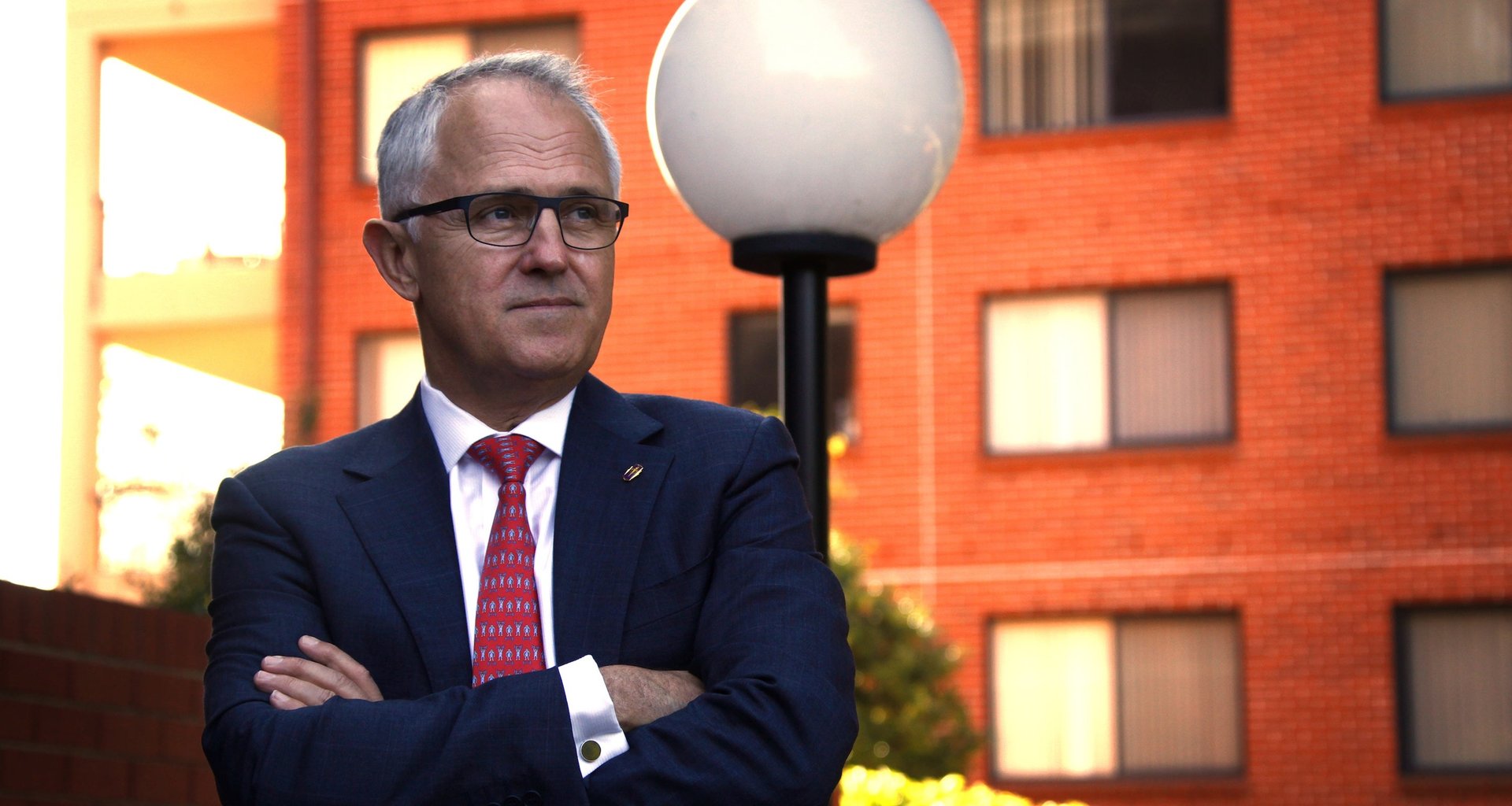Will Australia’s new prime minister do better on climate change?
Australia’s controversial prime minister, Tony Abbott, has been ousted from office by his own party, the center-right Liberals. He has been replaced with Malcolm Turnbull, a former lawyer and journalist, who has promised voters a “thoroughly Liberal” government, according to The Sydney Morning Herald, replete with “new economic vision committed to freedom, the individual, and the market.”


Australia’s controversial prime minister, Tony Abbott, has been ousted from office by his own party, the center-right Liberals. He has been replaced with Malcolm Turnbull, a former lawyer and journalist, who has promised voters a “thoroughly Liberal” government, according to The Sydney Morning Herald, replete with “new economic vision committed to freedom, the individual, and the market.”
Those are troubling words for anyone familiar with Australia’s policy on climate change in recent years. The previous administration has been universally panned for its stance on the issue, with Mr. Abbott seen as arguably the world’s most powerful climate skeptic.
For some, the appointment of Mr. Turnbull might be seen as a welcome change on this front. When it comes to climate change, he might be seen as Abbott’s diametric rival—Turnbull was, after all, dumped as party leader six years ago in a dispute over climate change with Abbott and company. “I will not lead a party that is not as committed to effective action on climate change as I am,” Turnbull said at the time.
Some of the harshest criticism of Abbott’s climate-change policy came from Australia’s neighbors in the South Pacific—island nations who will likely be the first to succumb to rising sea levels in coming decades.
At a Sep. 2015 meeting of the Pacific Islands Forum in Port Moresby, Papua New Guinea, regional leaders expressed exasperation with attending representatives of the governments of Australia and New Zealand for perceived substandard action in combatting climate change—namely, reluctance to place heavier restrictions on carbon emissions.
“It was disappointing,” Anote Tong, president of the archipelagic nation of Kiribati, told the Australian Broadcasting Corporation. “I understand what’s being said, that if they agree to those reductions in emissions, then it would hurt their industries and it would hurt their life, standard of living,” he noted. “But what I’m perhaps failing to communicate across is that while it will affect their standard of living, for us, it will affect the future of our people.”
“Australia and New Zealand have made no additional commitments when it comes to climate change,” Abbott told reporters after the meeting. “As you know Australia and New Zealand have already announced very ambitious targets for emissions reduction to take to the Paris conference.”
Unfortunately for those who believe Abbott’s Paris plan to be insufficient, it doesn’t appear Turnbull will do much to change course (despite what appears to be a promising track record on environmental policy). According to The New York Times, Turnbull has announced a commitment to Abbott’s previously announced emission targets, and will ensure the plan is presented at the United Nations Conference on Climate Change to be held in Paris in Dec. 2015.
Of course, we’re in the very early stages of Turnbull’s tenure. He could very well prove as sensible on climate change as his record suggests he can be. And if not, Australians will have another chance to choose a new leader (possibly the sixth in six years) in Sep. 2016.